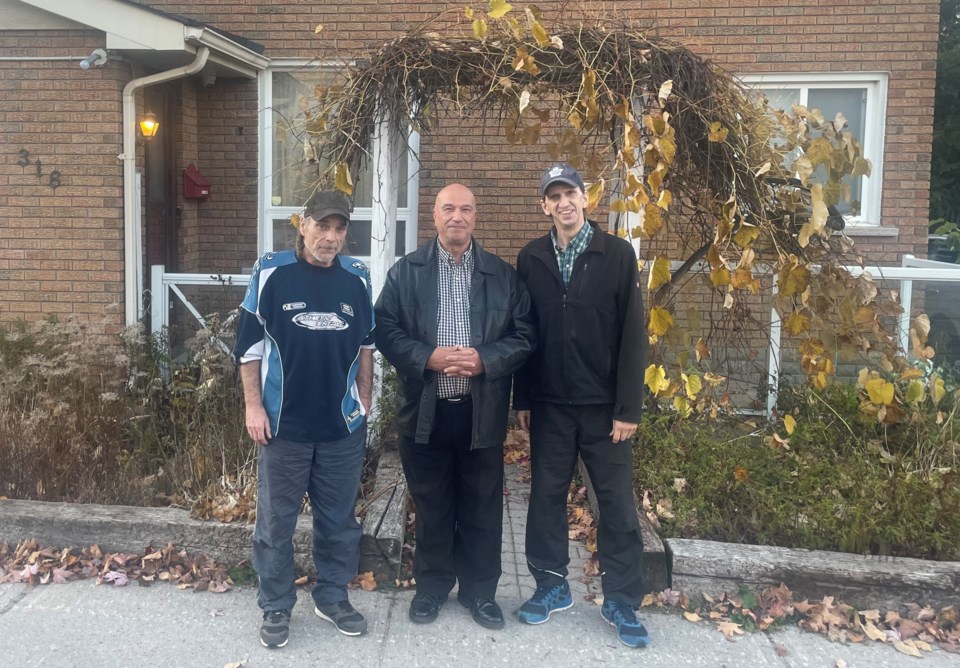While municipalities scramble to build affordable housing across the country, one Orillian has decided to quietly act.
For close to five years, Farzin Solaimani has housed people, regardless of their backgrounds, at affordable rates in a triplex he owns and lives in on Mississaga Street West.
The building that formerly housed his family and business, Farzin Photography Studio, has since been converted to accommodate up to 12 residents at a time.
Where many landlords require credit checks, job references, or other requirements some may not be able to meet, Solaimani said he exclusively rents to people who need a helping hand.
“When I walk downtown … or I go hiking … I see all these people with no place to go, so that really motivated me to do (this),” Solaimani told OrilliaMatters. “I just cannot see past you (if) you're struggling in the snow and wind and cold.”
Solaimani estimates he has housed over 100 people since he made the decision to help. Beyond housing his tenants, he also actively helps them connect with the services they need.
He routinely drives tenants to food banks, methadone clinics, or simply out for a coffee and a chat, and he said he works hard to help people get their lives back on track.
Solaimani said he does not want recognition for what he’s done, but that he simply wants to inspire others to do what they can to help.
Originally from Iran, Solaimani said his Baha’i faith informs his worldview and decision to try making a difference.
“In order to increase your capacity as a human, you have to serve humanity,” he said.
Tenants Mark Michaud and Shane Rochon pay $700 and and $650 per month, respectively, for their accommodations.
Both have lived at Solaimani’s place for close to four years, and both had been struggling with addictions prior to moving in.
“It definitely, definitely changed my life for the good,” said Rochon of moving into Solaimani’s place.
“He doesn't want a pat on the back or (anything); he just does it because he feels good helping people," Rochon said.
“He helped me too — my addiction was getting bad, and since I got here (it’s) back on track again,” said Michaud. “Sometimes I think he's too nice, but that's his nature.”
The way Solaimani treats his tenants is far different than the way the broader community treats people struggling with addiction, Rochon said.
“If you have a problem or … you need someone to talk to you, he doesn't judge you,” he said. “People who overdose, they don't want to go to the hospital because they're treated like they're addicts or no good for nothing. I know a couple people that are just more worried about what what they're going to be treated like (than seeking help).”
Solaimani does not force anything upon his tenants, Rochon said, but he does not tolerate drug use or illegal activity on his property.
Many have made good of the arrangement Solaimani provides, but he has not been able to keep all of the tenants he has rented to. As Solaimani put it, “There's no problem, but when (it) becomes a disaster, there I have a problem.”
Some tenants stay for short periods of time, while others are permanent, Solaimani said.
“It’s a temporary place for some people. Some people, you know they're going to be there forever,” Solaimani said. “As long as I am alive they have a place to stay.”
